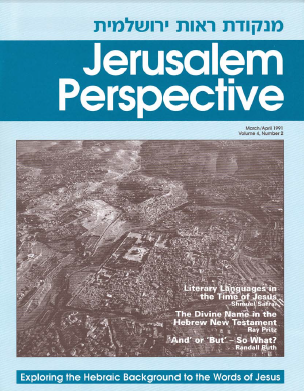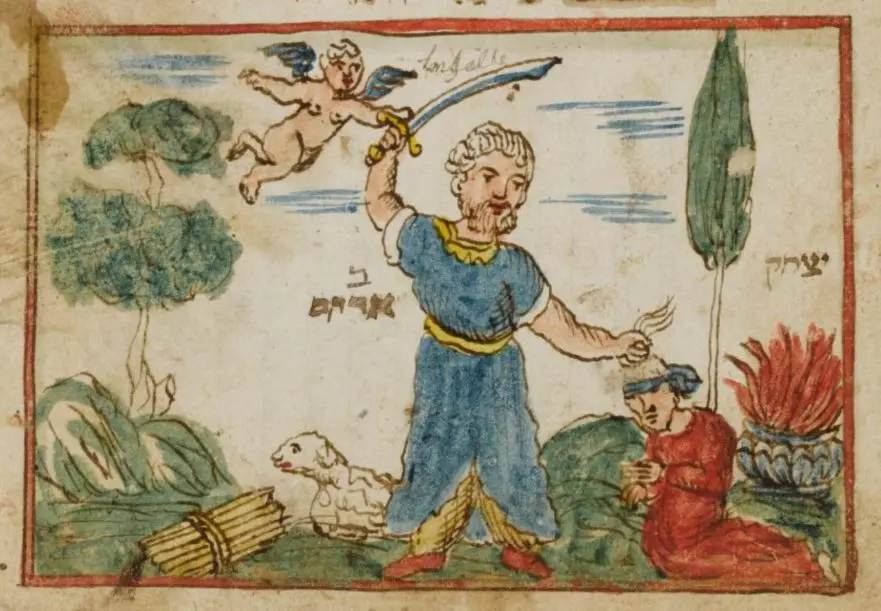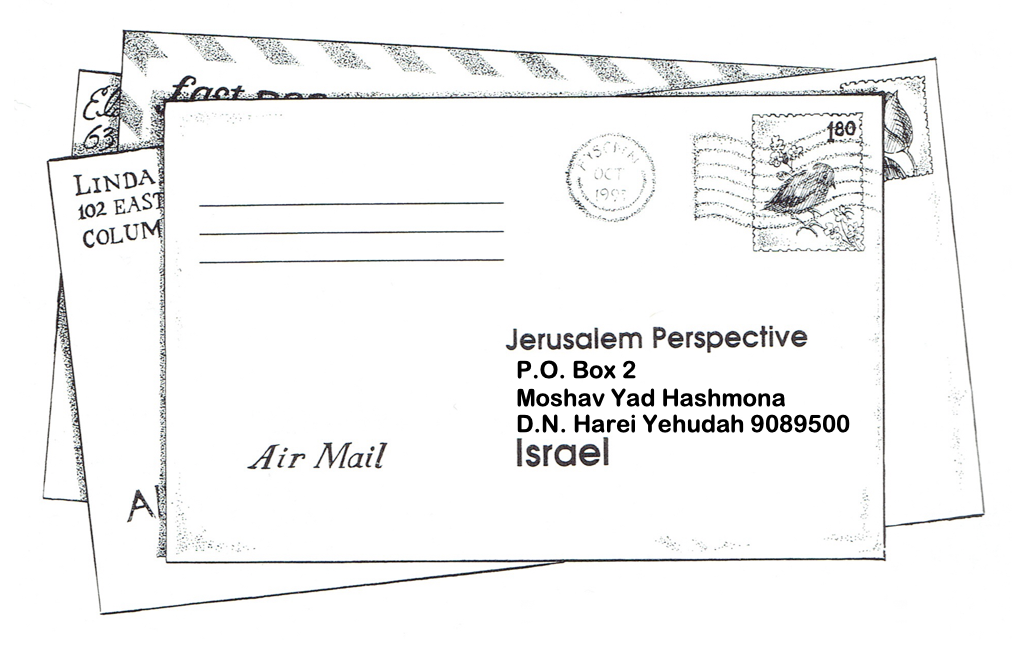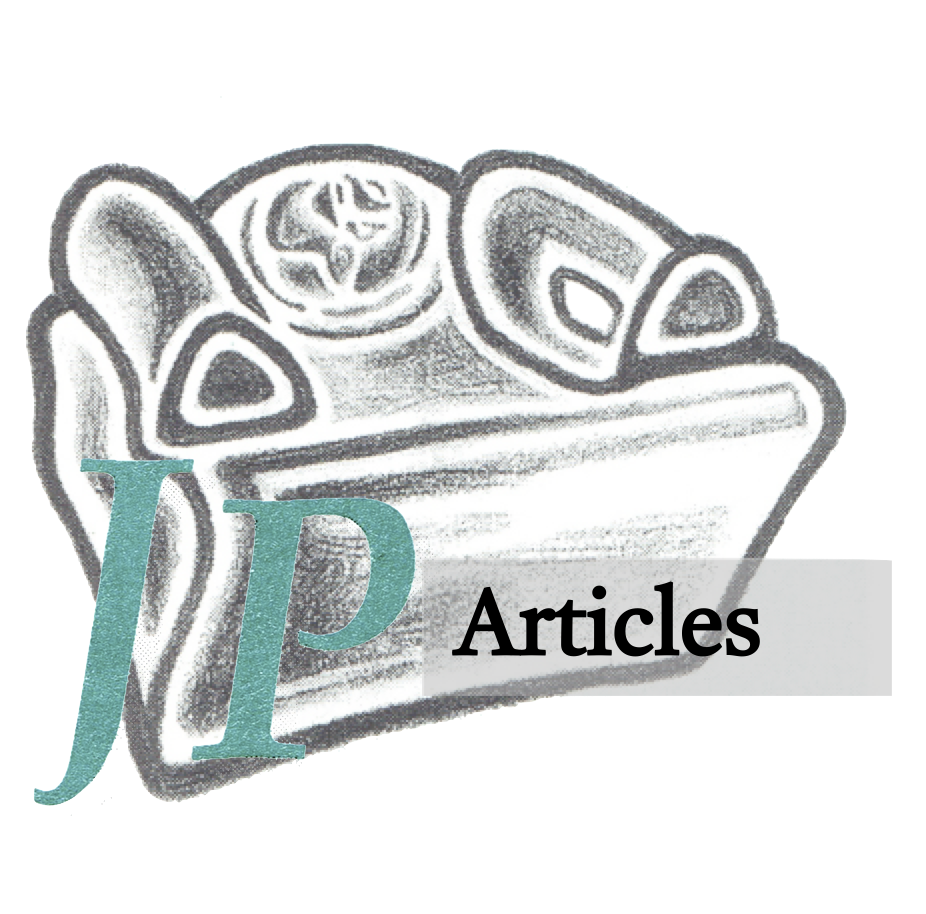
A JP reader asks:
The phrase “Call no man father, except your father in heave,” causes a lot of confusion. Many Christians criticize Catholics for calling their priests “Father,” but Jews say “Our father Jacob” or “Our father Abraham.” I feel we may have lost something in translation. What did Jesus mean?
—Joe Barefoot, Little Rock, Arkansas, U.S.A.
David Bivin responds:
It has always been common for Jews to refer to their patriarchs as “our father so-and-so.” Abraham is referred to as “Abraham our father” (אַבְרָהָם אָבִינוּ, avraham avinu), or “our father Abraham” (אָבִינוּ אַבְרָהָם, avinu avraham). This custom was especially common in the time of Jesus, and we find many examples of “our father so-and-so” in the New Testament, just as in other Jewish sources from the period: “Abraham our father” (Luke 1:73; Rom. 4:1; James 2:21); “Isaac our father” (Rom. 9:10)”; our father Abraham” (Luke 16:24, 30; John 8:53; Acts 7:2; Rom. 4:12); “our father Jacob” (John 4:12); and “our father David” (Mark 11:10; Acts 4:25).
One should realize that the Hebrew word for “father,” אָב (av), is also the word for “forefather,” or “ancestor.” So when a Hebrew speaker uses “our father Abraham,” he is not using “father” as an honorific title, but is referring to Abraham as an arch-ancestor of the nation. It is unlikely that in Matthew 23:8-10 Jesus intended to prohibit the use of “father” in this sense.
Premium Members and Friends of JP must be signed in to view this content.
If you are not a Premium Member or Friend, please consider registering. Prices start at $5/month if paid annually, with other options for monthly and quarterly and more: Sign Up For Premium






